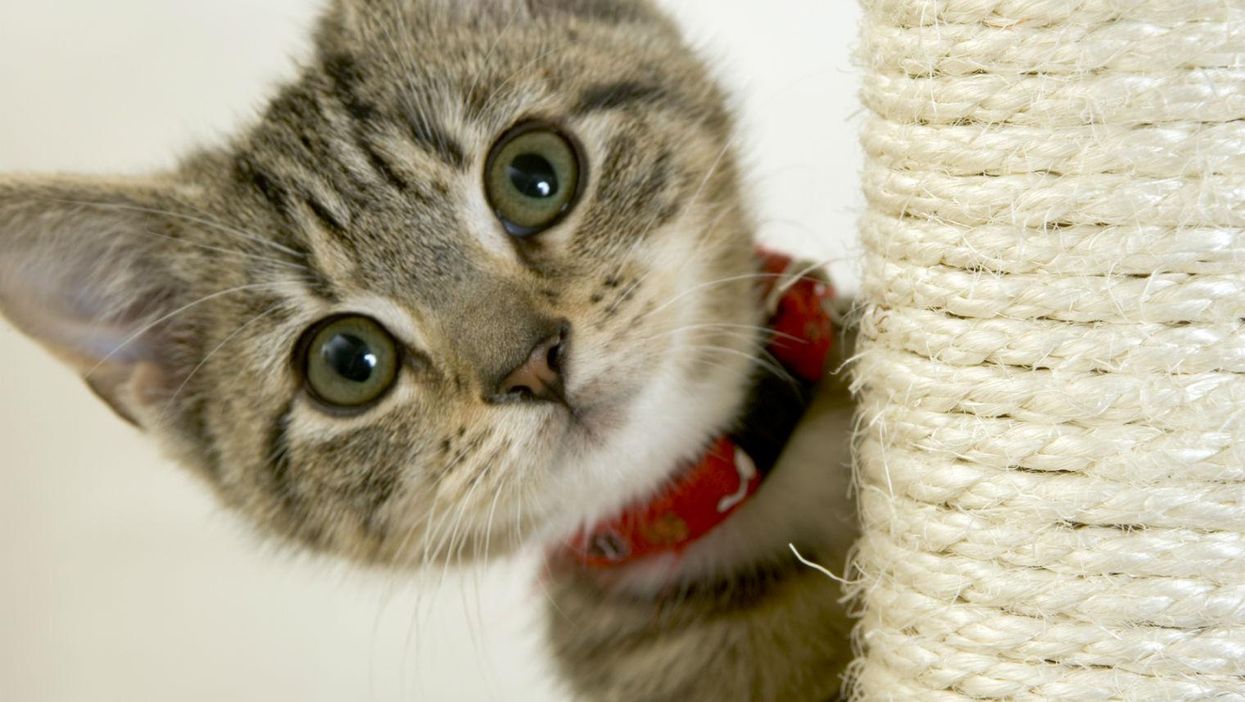Viral
Joe Vesey-Byrne
Aug 13, 2016

Picture: ChrisAt/iStock
These are the signs (some would say side effects) of intelligence in human beings. Other than just being intelligent.
Let's run through the traits.
1. Untidiness
Research conducted by the University of Minnesota claimed that an unwillingness to tidy up was a sign that a person's mind was on other (more important) things.
The study also found that a disorderly environment was better for one's creativity than one which was ordered, which tended to perturb people from thinking originally. So that messy desk is really a sign of genius.
2. Recreational drugs users
According to a study by National Child Development:
More intelligent children in the United Kingdom are more likely to grow up to consume psychoactive drugs than less intelligent children.
This is not to suggest the drugs make you smarter as an adult, but that there is a correlation between drug use as an adult and having been an intelligent child.
3. Eldest child
The interplay between siblings, parents and the eldest child lead them to become more intelligent. The New York Times covered the slight but significant edge possessed by oldest siblings when their IQs were compared to younger siblings.
4. Teenage virginity
This one is a little tricky because it either means you have an IQ of over 110 or below 70. According to the Penn State Collegian, which looked into the research, an adolescent with an IQ score of 100 was 1.5 to 5 times more likely to have had intercourse than an adolescent with an above average score of about 120 to 130.
5. Nocturnal early years
A study published in Psychology Today has found that more intelligent children grow up to be more nocturnal adults. This was supported by another study found that while night owls were out performed at school by early risers, they tended to be more successful in later life.
6. Left handed
There is some disagreement over whether or not links between left-handedness and intelligence can be found, yet some correlation between ways of thinking have been established. Left brain activity (associated with creativeness) is more prominent in left handed people. In addition, lefties have been found to be 'divergent thinkers', able to combine two seemingly unrelated topics. So if you count that as smart, then they're smarter.
7. Foul mouthed
The findings of a series of vocabulary and emotional tests published in Language Sciences established that 'fluency is fluency', and those who shared emotional characteristics with intelligent people were also the most profane.
As such the 'poverty-of-vocabulary' myth with regards to swearing has been thoroughly debunked.
8. Funny
A study by scientists from the University of New Mexico has found that humour is a good predictor of intelligence. The study also found that it was a good predictor of mating success.
9. Thinness
If you were more intelligent as a child, you're more likely to be a thing adult.
Several studies have looked at individuals over a period of time and found that the more obese ones were less intelligent. This can be because intelligent children grow up to be wealthier adults, and therefore the correlation between wealth and thinness comes into play.
10. Cat lover
A 2014 study by the Rochester Institute of Technology gave 600 students a personality and cognitive ability test. Those who identified as a cat person performed noticeably better in the intelligence measuring sections of the test than those who identified as a dog person.
11. Tall
A study by Princeton University entitled 'Stature and Status: Height, Ability, and Labor Market Outcomes' found that even before schooling has come into play, the height of a child is a good indicator of their intelligence, and the taller the better.
12. Modesty
It's called the Dunning-Kruger effect. Essentially unintelligent people will overestimate their abilities, and the smart will do themselves down.
That's why the ignorant are nearly always arrogant.
More: Quiz: What kind of evil are you?
More: These maps will change the way you think about religion
Top 100
The Conversation (0)













